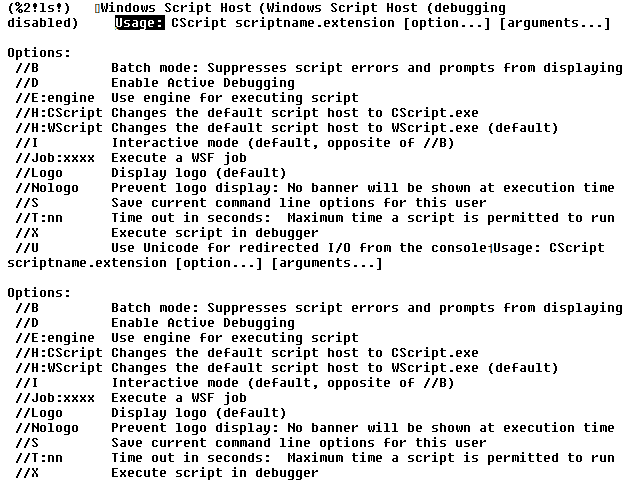
May 22, 2022 in Archaeology, Batch Analysis, 2022-5-23 05:5:21 Author: www.hexacorn.com(查看原文) 阅读量:46 收藏
![]()
May 22, 2022 in Archaeology, Batch Analysis, Clustering, EDR, Forensic Analysis, GoodWare, Sandboxing
In the last post I described how we can pull some interesting metadata from decompiled installers. Today I want to discuss one practical example of how this data can enrich analysis, both manual and automatic (f.ex. sandbox, EDR).
Many programs cannot be properly analyzed by sandboxes, because they require command line arguments. While command line options for native Windows OS binaries are usually well documented (well, not really, there is a lot of undocumented stuff, but let’s forget about it for a second), command line options used by goodware is a completely different story. And of course, even worse for malware.
The good news about goodware is that they handle command line arguments in a very predictable way. The string comparisons are usually ‘naive’, direct and not optimized, and often, the programs include actual help that can be seen after running the program with the /?, /help, -h, –help arguments. And very often, a search for ‘usage’ keyword inside the binary can help us to find the options that program recognizes. f.ex. this is what we see inside cscript.exe:
Predictable is good, and can serve at least a few purposes:
- we can generate a list of known parameter strings that goodware typically uses (and even attribute it to specific software vendors)
- we can create yara signatures for these
- we can incorporate this set into EDR command line parsing routines to assess invocation’s similarity to known good
- we can also leverage this to run the sample in a sandbox or manually with these easily discovered command line arguments (kinda like assisted fuzzing)
- we can include these findings in the report itself to hint analysts they may need to do some manual reversing (it would seem the program accepts the following command line arguments…)
Looking for typical command line arguments is actually quite difficult. There are a lot of ways to implement string comparisons and as I explained long time ago in one of my sandbox series, there are like gazillion different string functions out there. Plus different compilers, different optimizations make the code even harder to comprehend. Naive search for /[a-zA-Z_0-9]_/ could work on a binary level, but this is going to hit a lot of FPs. Decompiled scripts can come to the rescue, as they include actual invocations of programs and specify precisely what parameters will be passed to the program.
The attached list focuses on a basic command line argument extraction (just the /foo part) from around 10K decompiled scripts. More advanced analysis would include options taking parameters (f.ex. /foo bar).
You can download it from here.
如有侵权请联系:admin#unsafe.sh
